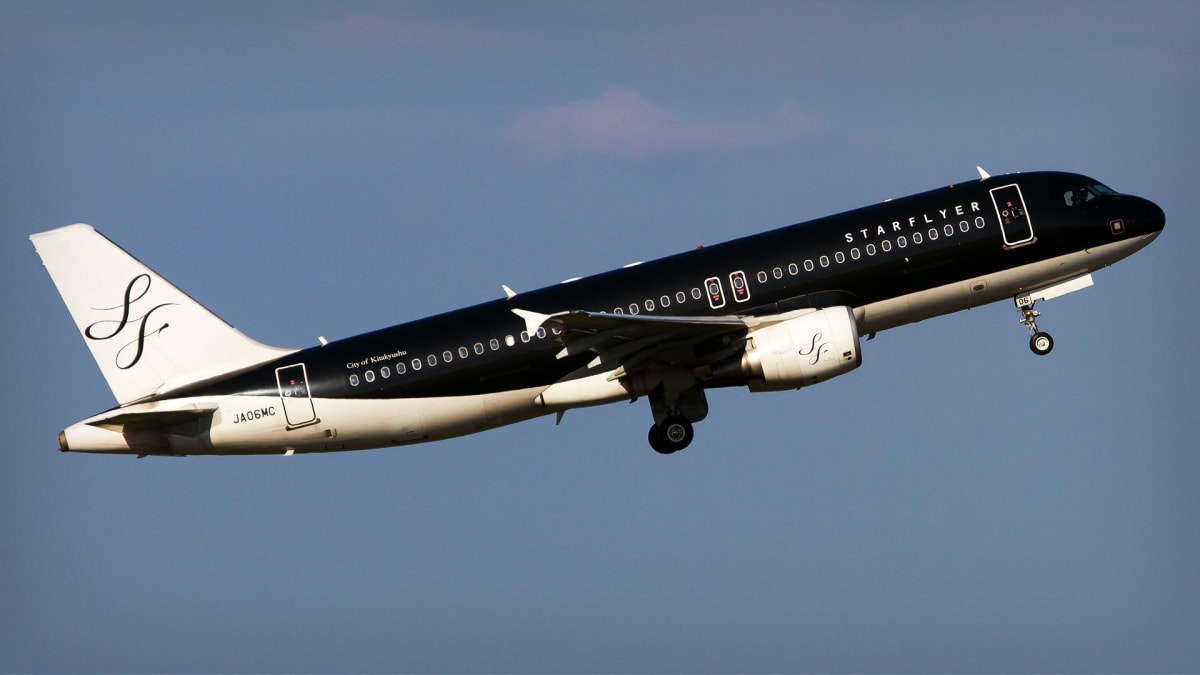
How much would you pay to be flown in to work every morning? What about once a week when you have an important meeting?
It sounds like the stuff of chief executives and very wealthy people but, with the rise of remote and hybrid work, some airlines are trying to bring it to the middle classes.
Star Flyer, a Japanese airline which positions itself as the middle ground between low-cost and full-service airlines, rolled out a monthly flight subscription for workers who need to come to Tokyo frequently but do not want to live there.
The sixth-largest city in Japan, Fukuoka sits on the island of Kyushu and is often presented as a Japanese Silicon Valley due to the abundance of local technology startups that are based there.
During the pandemic, a number of workers with newfound opportunities to work remotely moved to the port city just like some in the United States moved outside San Francisco or New York.
Shuttling Between Tokyo on a Subscription
As first reported by Bloomberg, a new Star Flyer airline subscription for such people will cost between 200,000 yen and 400,000 yen or $1,340 and $2,680 USD monthly.
Those who live in or are interested in moving to the city of Fukuoka will be put up in accommodation and shuttled more than 900 kilometers (550 miles) to Tokyo as often as they want or need to for the job.
Fukuoka's distance from Tokyo also means that it offers a much more affordable standard of living than Tokyo, where the average monthly rent for a one-bedroom apartment can run upwards of 203,730 yen or $1,356 a month.
While Star Flyer is yet to release crucial details on what the covered housing will look like and how the subscription system will work during the busiest travel periods, it hopes to reach remote and hybrid workers from Fukuoka.
"Compared with tourism, demand for business travel is still weak, which is one of the reasons we consider relocation as a way to cultivate new demand," Yuki Furuse, a spokesperson for Tokyo's Haneda Airport, told Bloomberg.
Remote Work in the US: Same Problems, Different Models
Despite some employers pushing for a full-on return to the office, remote work is here to stay in both Asia and North America--a study by online freelancing platform Upwork found that over 26% of the American workforce worked remotely for at least part of 2021.
Analysts from career site Ladders further estimated that one fourth of white-collar jobs in the country will be remote by 2023. It's also not just for globe-trotting kids out of college as percentage of fully remote jobs paying over $100,000 has also risen from 9% at the end of 2020 to more than 15% in August 2022.
Some polls have found that over 55% of those who currently work remotely would resign if their employer cracked down on returning to the office.
This, in turn, is influencing both urban and suburban demographics as many people move out of large cities and toward more affordable areas. Others, in turn, are taking advantage of newfound flexibility to hop between different cities or live in different places.
While a Japan-style airplane shuttle still feels too futuristic in the American context, numerous industries are finding ways to adapt to changing travel needs.







